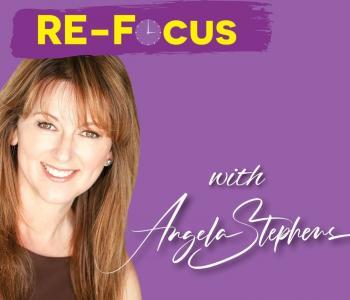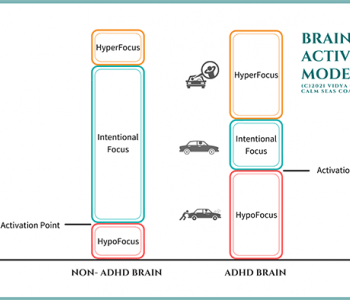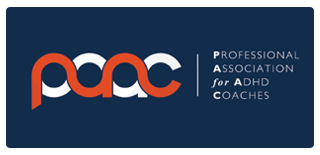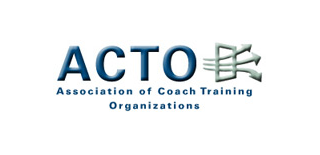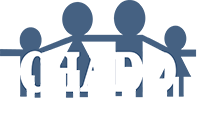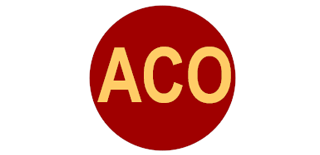The Importance of Understanding Your Processing Modality
ADHD Education
Your processing modality isn't limited to how you learn in an academic environment. Understanding how you make sense of the many situations and types of information you encounter each day is just as important.
We each have a unique mix of processing modalities: the way we receive and process information when we want to learn something.
When we talk about processing, we are not limiting it to learning in an academic environment. Our processing modality also includes how we make sense of the many different situations, events, information exchanges, and conversations we have daily.
By recognizing and understanding our unique mix of processing modalities, we can use that knowledge to improve the speed and quality of our own learning. Working from understanding our own mix of processing modalities, we can then help our clients explore how they best process and learn.
First, though, we need to know what the processing modalities are.
There are many ways of describing and categorizing processing modalities, and there is no general consensus on how many processing modalities we have.
We are going to review eight modalities here, but others you might find yourself using or relating to are musical, mathematical, interpersonal, intrapersonal, structure-building, rule learner, and example learner.
There is a great deal still being studied about learning and processing modalities. It’s an area you may want to explore further, if you’re interested.
The eight processing modalities we focus on are:
- Auditory - You need to hear instructions or what is being said
- Conceptual - You need to get a global understanding with all the pieces clear
- Kinesthetic - You need to move so you can focus and understand
- Visual - You need to see to concentrate or comprehend
- Verbal - You need to talk to work out thoughts and feelings
- Tactile - You need to touch or feel an object to learn
- Emotional - You need a strong positive emotion to focus and learn
- Intuitive - You receive or sense information in flashes
Your processing modalities have more influence than you may realize. Your dominant and preferred modalitiesguide the way you learn, and they also impact the way you internally represent your experiences, the way you recall information, and even your choice of language.
Each processing modality uses different parts of the brain. By engaging more of the brain during processing, we remember more of what we learn and experience.
Preferred and Dominant Modalities
Each person usually has a natural way of paying attention and sustaining focus as well as natural way of making sense of things and getting clarity. These natural methods are called modalities.
- Your Preferred Modality is the mode of processing you use to sustain focus in a specific situation or during a specific activity.
- Your Dominant Modality is the mode of processing you use to comprehend what you have been focusing on.
To get at his client’s modalities, David always asks his client to think of a time when she has successfully learned something new. He wants to start from a place of focusing on strengths to provide positive momentum. He takes a few minutes to explore and identify what it is in that learning activity that naturally allows the client to sustain her focus. Once the client knows she can pay attention in certain situations with certain environmental parameters, she has a platform of success from which to explore new learning opportunities.
To effectively learn how to use these processing modalities the coach must understand how they process and learn information in a variety of different learning and social situations. To become proficient at integrating processing modalities requires a great deal of practice. First and foremost, a future ADHD coach must begin with a strong foundational understanding of how the processing modalities successfully work for each client and then they must identify through the discovery of the coaching conversation/process, the essential coaching questions that must be asked in the appropriate learning, work and social situations.
The ability of the coach to proficiently utilize processing modalities with clients with ADHD can only be learned in comprehensive ADHD coach training program. An experienced, accredited program which knows how to integrate lessons that employ a diverse situational combination of preferred and dominant modality processing modalities which can occur with each client's different daily situation. Then the coach must utilize all his coaching skills to empower the client to identify which combination of processing modalities can be consistently and successfully integrated into the client's daily life schedule.
* Excerpted from a portion of 2015 ADDCA training manual.

